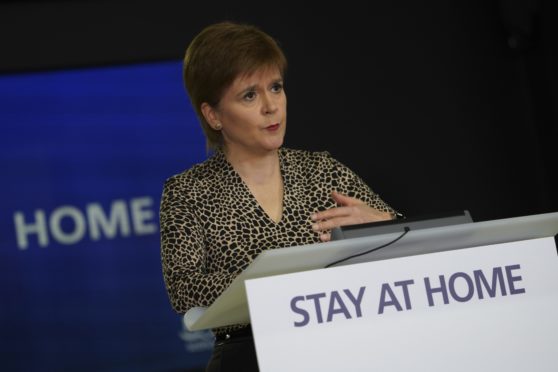Doctors, nurses and medical workers who arrive in Scotland from abroad will have to go into quarantine for 14 days, while those arriving in England, Wales and Northern Ireland are exempt.
The difference in rules is just the latest in a series of lockdown variations between the UK Government and Scottish Government during the crisis.
The quarantine rule, which requires anyone arriving in the country who is not on an exempted list to self-isolate for 14 days on penalty of a fine, was first mooted by the Home Office in May and made law on Monday.
Given health and enforcement are devolved areas, it is for the Scottish Government to decide whether to copy over the UK regulations in full or change.
Justice secretary Humza Yousaf revealed on Sunday, nine hours before the regulations were due to come into force, that fines in Scotland would be set at a maximum of £480 for a breach of the rules – considerably less than the £1,000 maximum in England.
It has now emerged that the Scottish Government has also altered the list of professions that are exempt from quarantine.
Newly published guidelines state: “Registered health or care professionals travelling to the UK to provide essential healthcare, including where this is not related to coronavirus – will need to self-isolate for 14 days if you are staying in Scotland”.
The guidelines also state: “Frequent travellers for work: if you live in the UK but work in another country and travel between the UK and country of work at least once a week; and/or you live outside the UK but work in the UK and travel between your country of residence and the UK at least once a week – will need to self-isolate for 14 days if you are staying in Scotland.”
Scottish Tory health spokesman Miles Briggs called on the Scottish Government to explain the decision to alter the rules.
He said: “A very sensible decision has been taken to allow medics to deploy immediately to help NHS England fight against Covid-19.
“Considering identical advice will be available to the UK and Scottish governments, it is very odd the same isn’t happening in Scotland.
“The reasoning behind it should be explained and I’d also like to know when this policy decision will be reviewed.
“Increasingly questions are being asked about SNP ministers’ handling of the coronavirus crisis and the incompetence we have seen from Jeane Freeman.”
Asked about the difference, a Scottish Government spokesperson said: “We have not replicated the exemption in place in England to avoid a two-tier approach in which non-registered health and social care professionals coming to Scotland would have self-isolate for 14 days but registered health and social care professionals would not have to do the same.
“By removing this exemption, we are ensuring there is no risk in Scotland of health and social care staff who might potentially be carrying the virus arriving from overseas and going straight to work with immuno-suppressed patients.
“This potential disparity was raised last week by our trades union partners Unison and the Health Secretary wrote to Unison on Sunday to assure them that all arriving health and social care workers in Scotland will be treated the same.”
Below we look at other areas in which the UK is not approaching the crisis in “lockstep”.
Work and shops
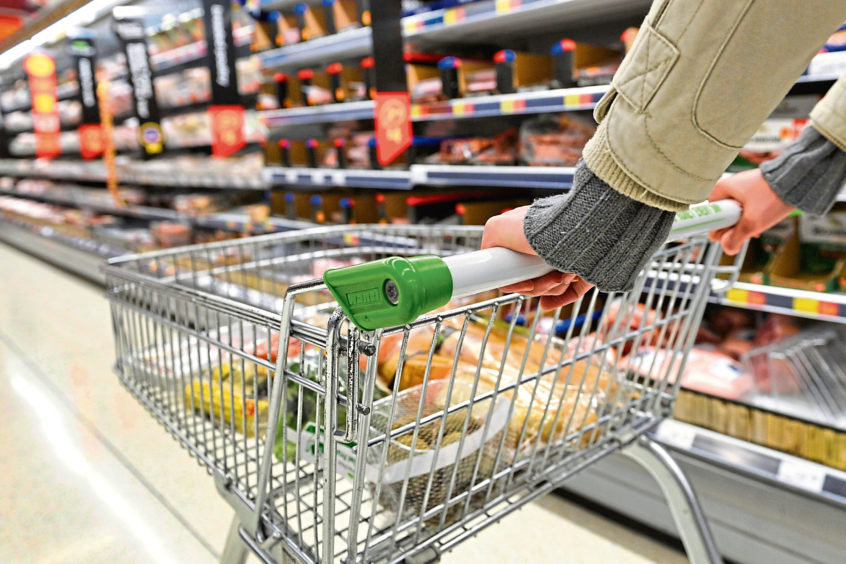 Advice both in England and Scotland currently remains that if you can work from home, you should.
Advice both in England and Scotland currently remains that if you can work from home, you should.
However, steps are now being taken at different levels of acceleration to get workplaces ready to return.
In England, for example, people who cannot work from home are now “actively encouraged to go to work”, with construction and manufacturing being explicitly listed as professions by the UK Government that can return.
In England, non-essential retailers are set to reopen from June 15. As well as fashion shops, betting shops, arcades, tailors, auction houses, car dealerships, mobile phone stores and gift shops are also set to reopen.
Nicola Sturgeon has said she is “optimistic” similar moves could be taken in Scotland at the next lockdown review, on June 18, but has given no firm timetable.
Gatherings
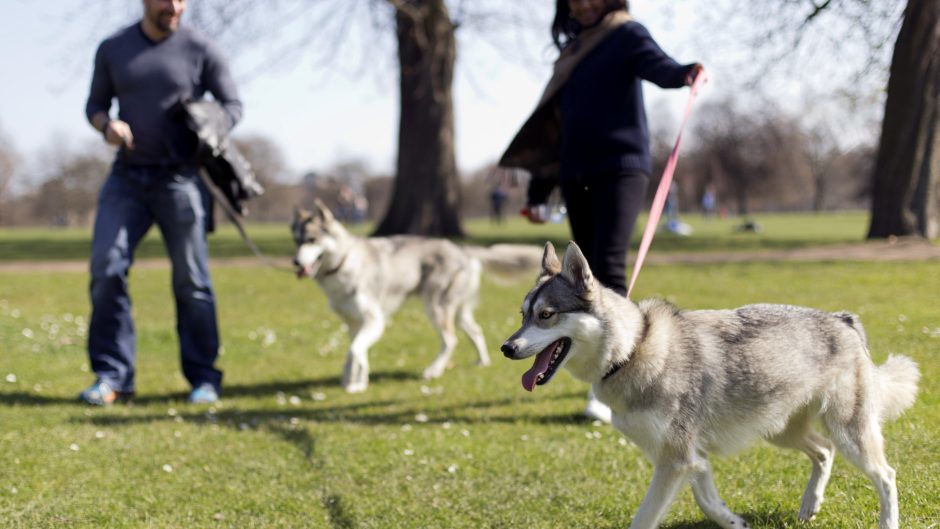
In Scotland people can meet outdoors with another household in groups of up to eight; in England the advice is similar but there is no limit on the number of households that can attend as long as numbers are restricted to six.
In Scotland there are also stricter rules around meeting in a private space; if, for example, a person goes to a friend’s garden party, they cannot go inside, use the toilet or use cutlery. In England such rules do not apply.
Quarantine
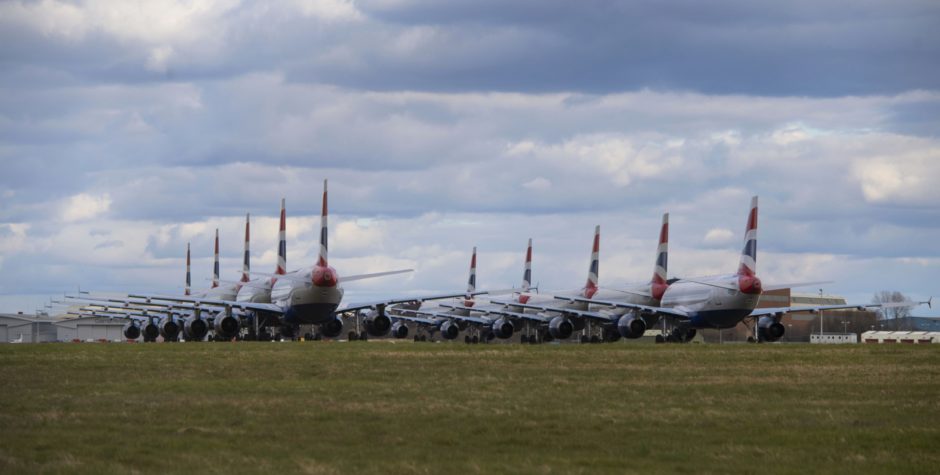
Other than the difference outlined above, fines for breach of quarantine are different in England and Scotland. North of the border the maximum penalty is £480, south it is £1,000.
Schools
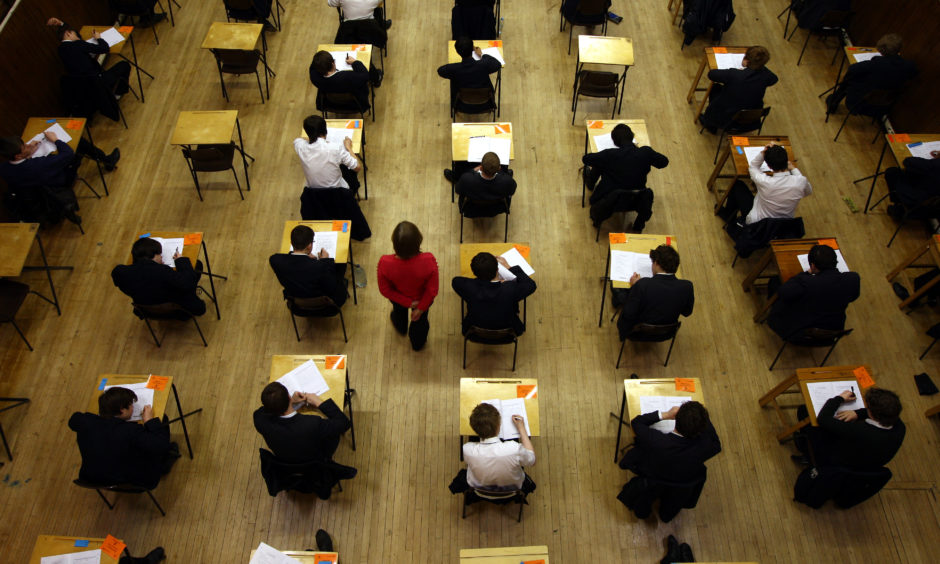
In England children began returning to primary schools in a phased process last week, with reception, year one and year six pupils heading back first. There had been an aim for all primary pupils to spend four weeks in school before the summer break, but this was ditched after teaching leaders said it was not a practical possibility. The aim is to start reopening secondary schools in August.
In Scotland schools will return on August 11, while Early Learning and Childcare (ELC) will open over the summer.
Face coverings
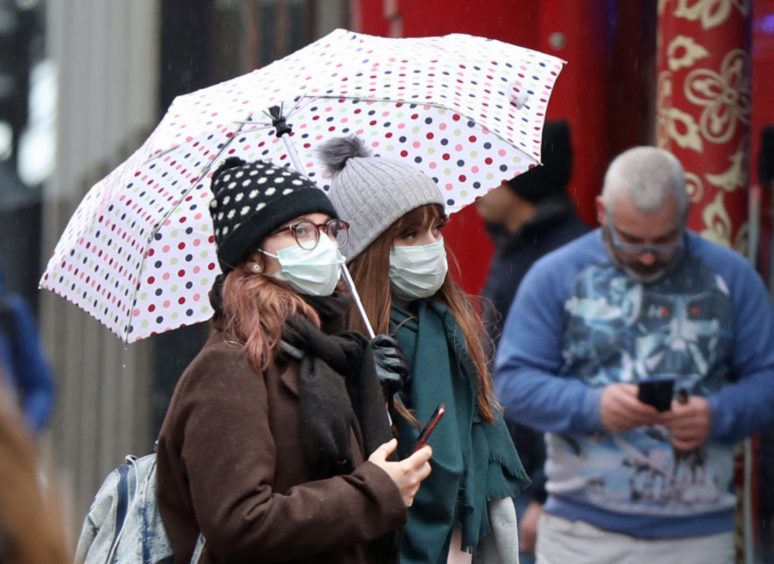
The positions on face coverings in Scotland and England are now broadly similar, people are advised to wear them on public transport and in enclosed spaces such as shops. When Scotland initially introduced face coverings, UK health secretary Matt Hancock branded the science behind them “weak”.
Messaging
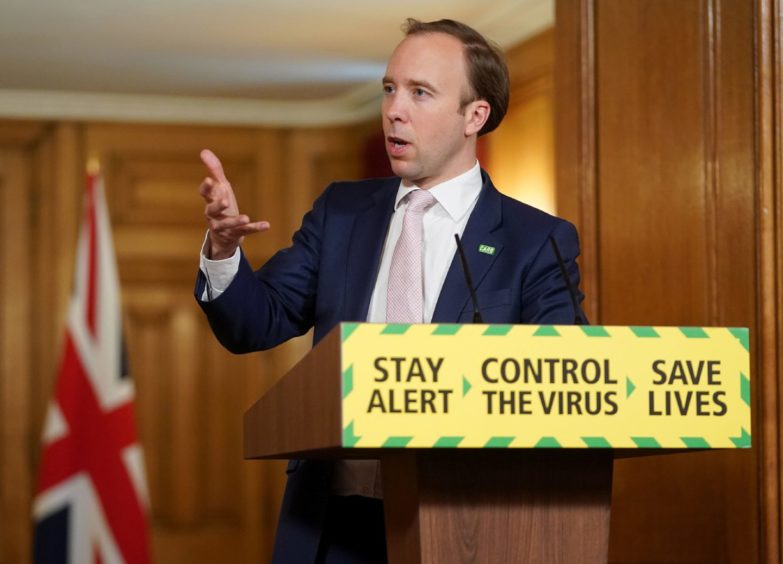
The UK Government slogan is “stay alert, control the virus and save lives”; in Scotland messaging remains “stay home, protect the NHS, save lives”.
